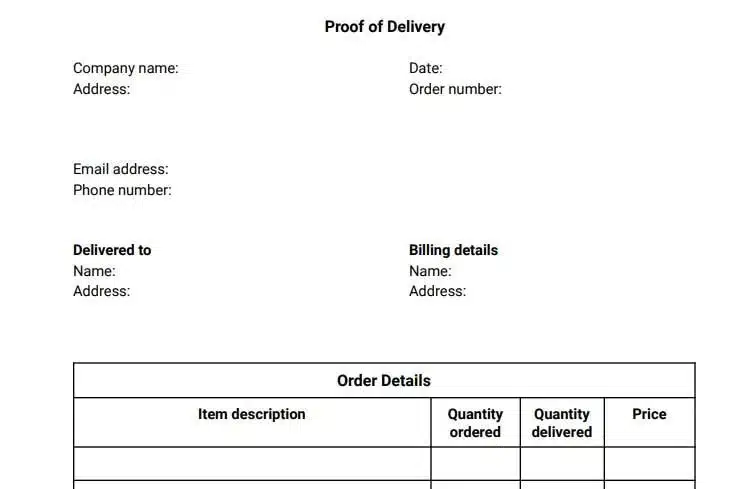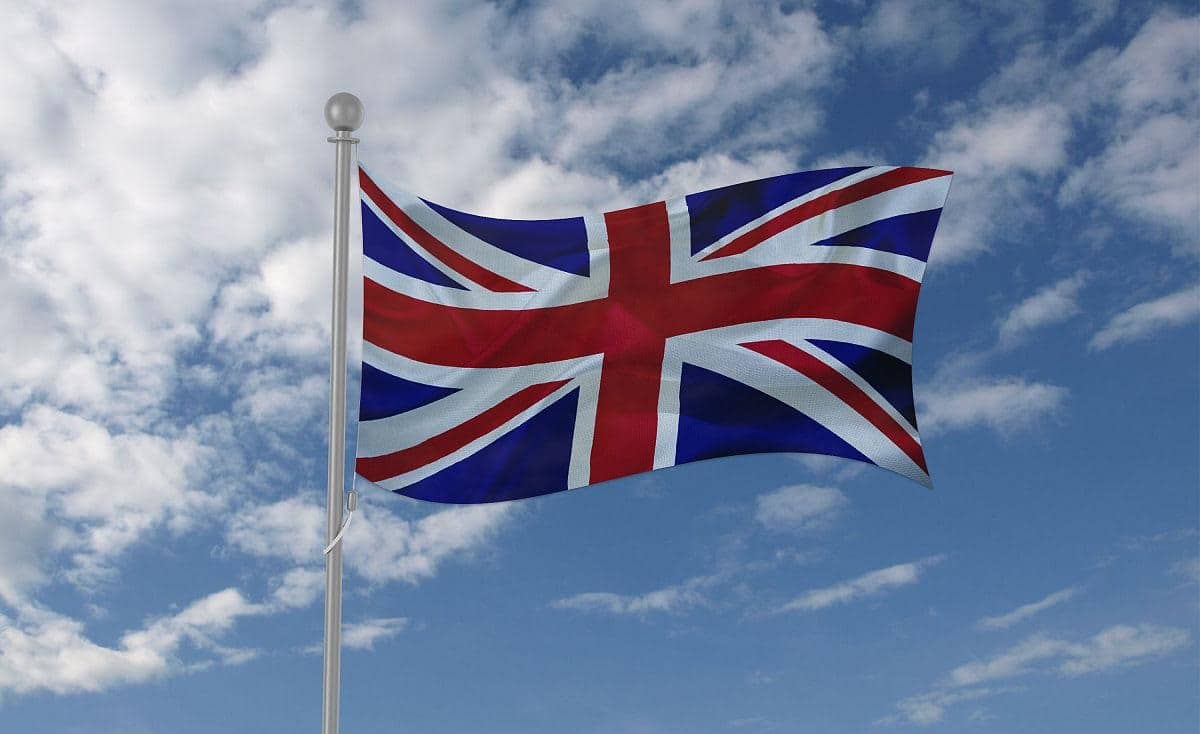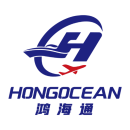Want to Import from China to Nigeria? Understanding the cost of shipping containers from China to Nigeria is crucial for businesses that manage logistics efficiently. Shipping costs can vary based on several factors, including the type of container, the departure and destination ports, and market fluctuations. For large shipments, sea freight is typically the most cost-effective option. This article will detail the transportation costs of 20-foot and 40-foot containers and related content to help you better understand all aspects of this process.
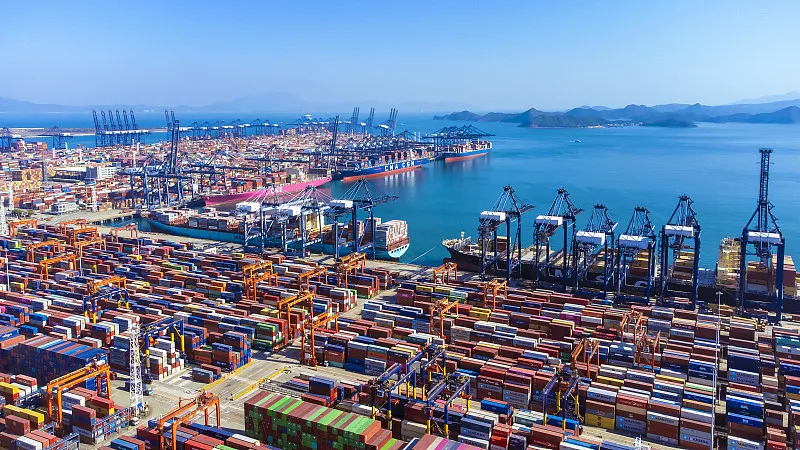
Container Shipping from China to Nigeria
Container transportation is a logistics method where goods are loaded into standardized containers for long-distance shipping. It remains one of the most cost-effective and reliable options for bulk cargo shipments between China and Nigeria. Depending on the shipment’s volume, weight, and delivery timeline, businesses can choose from different container types and shipping routes to best meet their logistical needs.
The longest or slowest transit time to ship containers from China to Nigeria is from Guangzhou, China, to Onne Port, with an estimated average transit time between 30 and 42 days. The next longest route is from the port of Shenzhen to Tin Can Island, with an average transit time of 45 days.
Estimated transit time to ship a container from China to Nigeria
The transit time for sea freight from China to Nigeria varies based on the specific departure and arrival ports and any transhipment points along the route. Below are estimated shipping times for some of the most commonly used routes:
| Port of origin | Port of destination | Transit time (days) |
| Port of Shanghai | Apapa Port | 35 |
| Port of Shenzhen | Port of Lagos | 40 |
| Port of Ningbo-Zhoushan | Tin Can Island Container Terminal | 38 |
| Port of Hong Kong | Onne Port | 39 |
| Port of Guangzhou | Port Harcourt | 40 |
| Port of Qingdao | Apapa Port | 42 |
| Port of Tianjin | Port of Lagos | 42 |
| Port of Dalian | Tin Can Island Container Terminal | 17 |
| Port of Xiamen | Onne Port | 20 |
| Port of Yingkou | Port Harcourt | 20 |
Container Options for Shipping from China to Nigeria
Depending on your cargo size and budget, you can choose from the following container shipping options:
- Full Container Load (FCL): You rent an entire container exclusively for your shipment. This option is cost-effective for large volumes that can fill or nearly fill the container, offering greater security and faster transit times with fewer handling steps.
- Less than Container Load (LCL): Your goods share container space with shipments from other exporters. This is ideal for smaller volumes, as you only pay for the space you use. While it’s more economical for low-volume cargo, LCL may involve slightly longer transit times due to the consolidation and deconsolidation.
The most common standard dry container types include:
- 20ft container: has an internal capacity of about 28 – 30 cubic meters.
- 40ft container: has an internal capacity of about 58 – 60 cubic meters.
- 40HQ: This container is about 1 foot taller than a 40ft and holds around 68 – 70 cubic meters, making it ideal for bulky but lightweight goods.
| Container Type | External Dimensions (L×W×H) | Internal Dimensions (L×W×H) | Volume | Max Payload | Tare Weight |
|---|---|---|---|---|---|
| 20GP | 6.06 m × 2.44 m × 2.59 m | 5.90 m × 2.35 m × 2.39 m | 28-30 m³ | 24,000 kg | 2,300 kg |
| 40GP | 12.19 m × 2.44 m × 2.59 m | 12.03 m × 2.35 m × 2.39 m | 58-60m³ | 30,480 kg | 3,700 kg |
| 40HQ | 12.19 m × 2.44 m × 2.89 m | 12.03 m × 2.35 m × 2.69 m | 68-70 m³ | 30,480 kg | 4,100 kg |
- Other special container types include reefers (refrigerated containers) for transporting goods that require temperature control, open-top containers for extremely high goods, and flat rack containers for oversized or heavy goods.
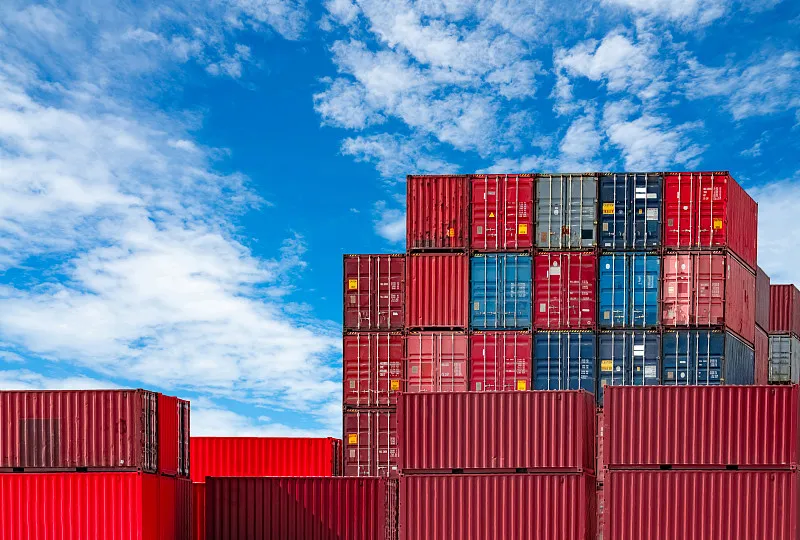
Cost of Shipping 20ft and 40ft Containers from China to Nigeria
These are the average prices to ship a container from China to Nigeria with the cheapest rates for loading and shipping containers from the major ports in China to Nigeria for 20ft and 40ft containers (FCL) with all types of cargo, such as commercial cargo, vehicles, or personal effects for international shipments from China to Nigeria.
| Container shipping service from China to Nigeria | Type of container | Ocean freight rates from China to Nigeria: |
|---|---|---|
| How much does it cost to ship a container from Shanghai China to Nigeria | 20 foot container FCL 40 foot container FCL | average price from: $2550 20FT average price from: $3850 40FT |
| How much does it cost to ship a container from Shenzhen China to Nigeria | 20 foot container FCL 40 foot container FCL | average price from: $2850 20FT average price from: $3550 40FT |
| How much does it cost to ship a container from Ningbo-Zhoushan China to Nigeria | 20 foot container FCL 40 foot container FCL | average price from: $2850 20FT average price from: $3550 40FT |
| How much does it cost to ship a container from Hong Kong China to Nigeria | 20 foot container FCL 40 foot container FCL | average price from: $2650 20FT average price from: $3550 40FT |
| How much does it cost to ship a container from Guangzhou China to Nigeria | 20 foot container FCL 40 foot container FCL | average price from: $2650 20FT average price from: $3650 40FT |
| How much does it cost to ship a container from Qingdao China to Nigeria | 20 foot container FCL 40 foot container FCL | average price from: $2650 20FT average price from: $3650 40FT |
| How much does it cost to ship a container from Tianjin China to Nigeria | 20 foot container FCL 40 foot container FCL | average price from: $2850 20FT average price from: $4150 40FT |
| How much does it cost to ship a container from Dalian China to Nigeria | 20 foot container FCL 40 foot container FCL | average price from: $3050 20FT average price from: $4050 40FT |
| How much does it cost to ship a container from Xiamen China to Nigeria | 20 foot container FCL 40 foot container FCL | average price from: $3150 20FT average price from: $4250 40FT |
| How much does it cost to ship a container from Yingkou China to Nigeria | 20 foot container FCL 40 foot container FCL | average price from: $3250 20FT average price from: $4250 40FT |
If you’re looking for container shipping prices to nearby regions:
Cost of Shipping 20ft & 40ft Containers from China to Egypt
Cost of Shipping 20ft and 40ft Containers from China to Kenya
Cost of Shipping 20ft and 40ft Containers from China to USA
Cost of Shipping 20ft and 40ft Containers from China to Canada
Cost of Shipping 20ft and 40ft Containers from China to Turkey
Documents Required for Importing into Nigeria from China
Importing goods into Nigeria involves strict documentation requirements to ensure compliance with customs regulations. The key documents typically include:
- Commercial Invoice: This invoice details the transaction, including product descriptions, quantities, unit prices, total value, and buyer/seller information.
- Bill of Lading (B/L) or Air Waybill (AWB): Serves as a receipt of goods, contract of carriage, and title document. B/L is used for sea freight; AWB is used for air freight.
- Packing List: Provides a detailed breakdown of the shipment, including the contents, weight, volume, and packaging details of each item.
- Form M: A mandatory pre-shipment document issued through an Authorized Dealer Bank (ADB) in Nigeria and approved by the Nigeria Customs Service (NCS). It is required for tracking imports and foreign exchange usage.
- Certificate of Origin (CoO) / Combined Certificate of Value and Origin (CCVO): This confirms the country of origin and declared value of the goods. In most cases today, the CoO replaces the older CCVO format.
- Pre-Arrival Assessment Report (PAAR): Issued via the Nigeria Single Window Trade Portal, this report is used by Nigerian Customs to assess duties and taxes before the goods arrive.
- Insurance Certificate: Proof that the shipment is insured during transit.
- Single Goods Declaration (SGD): The primary import declaration submitted to Nigerian Customs for processing and clearance.
- Tax Identification Number (TIN): A valid TIN registered in Nigeria is required for the importer.
- SONCAP Certificate (Standards Organisation of Nigeria Conformity Assessment Programme): Required for certain regulated products to confirm compliance with Nigerian quality and safety standards.
- Other Permits and Licenses: Depending on the nature of the goods, additional approvals may be necessary (e.g., NAFDAC permits for food, beverages, cosmetics, and pharmaceuticals).
Prohibited & Restricted Items for Shipping from China to Nigeria
Before arranging a shipment to Nigeria, knowing the country’s import regulations is important. Nigeria enforces strict controls on certain goods, including outright bans and conditional restrictions.
Prohibited Items
These items are not allowed under any circumstances:
- Illegal drugs and narcotics
- Pork and pork products
- Counterfeit goods (currency, branded products, etc.)
- Weapons, firearms, ammunition, and explosives
- Hazardous or toxic waste (e.g., nuclear waste)
- Used motor vehicles over 15 years old
- Bagged cement
- Certain types of furniture, textiles, and carpets
- Live birds (except day-old chicks)
Restricted Items
These items may be imported only with the appropriate permits, licenses or under specific conditions:
- Alcoholic beverages and tobacco products
- Medicines and pharmaceuticals (require approval from NAFDAC – the National Agency for Food and Drug Administration and Control)
- Used clothing (must be accompanied by a disinfection certificate)
- Precious metals and gemstones
- Live animals and plants
- Items containing lithium or other batteries
- Liquids, food products, and powders (subject to inspection or additional permits)
Important Note: Regulations may change over time. Always consult the Nigeria Customs Service or Hongocean freight forwarder to confirm the most current import rules before shipping.

Step-by-Step Guide for Shipping a Container from China to Nigeria
- Find Supplier & Define Terms: Source your goods in China and agree on Incoterms (e.g., FOB, EXW), which outline the cost-sharing and responsibilities between you and the supplier.
- Choose Shipping Method & Freight Forwarder: Decide between Full Container Load (FCL) or Less than Container Load (LCL) and whether you’ll use sea freight. Select a reputable freight forwarder experienced with the China-Nigeria route.
- Obtain Form M: Before shipment, the Nigerian importer must apply for and obtain an approved Form M through an Authorized Dealer Bank (ADB) in Nigeria.
- Arrange Shipment: Your freight forwarder will book the shipping space with the carrier. The supplier arranges transport of the goods to the port or airport, depending on the agreed Incoterms.
- Prepare Documentation: Ensure all required documents are in order, including the Commercial Invoice, Packing List, Certificate of Origin (CoO), and others.
- Export Customs Clearance (China): Customs clearance in China is typically handled by the supplier or your freight forwarder to ensure compliance with Chinese export regulations.
- Shipping: The goods are loaded and transported via sea Freight. The Bill of Lading (B/L) for sea freight is issued to confirm the shipment.
- Obtain PAAR (Pre-Arrival Assessment Report): The importer or clearing agent uploads the final shipping documents to the Nigeria Single Window Trade Portal to obtain the Pre-Arrival Assessment Report (PAAR) necessary for customs clearance.
- Import Customs Clearance (Nigeria): Upon arrival in Nigeria, a licensed clearing agent uses Form M, PAAR, B/L, and other relevant documents to clear the goods through Nigerian Customs. Import duties and taxes must be paid.
- Release and Delivery: Once cleared, the container is released for pickup and final delivery within Nigeria.
Why Use a Hongocean Freight Forwarder?
Hongocean freight forwarder for shipping between China and Nigeria provides numerous advantages:
- Expertise: Freight forwarders are well-versed in the complexities of logistics, including the documentation requirements and customs procedures in both China and Nigeria.
- Network & Negotiation Power: With established relationships with carriers, freight forwarders can secure better rates and ensure reliable space on ships or flights, helping optimize costs and schedules.
- Cost Efficiency: Freight forwarders can identify optimal shipping routes and suggest cost-saving strategies, such as consolidating smaller shipments via Less than Container Load (LCL) or Groupage services.
- Documentation Handling: Freight forwarders manage all necessary paperwork, reducing the risk of errors and delays that could complicate your shipping process.
- Customs Brokerage Services: Many freight forwarders offer or arrange customs clearance, ensuring smooth and efficient importation procedures.
- Troubleshooting: In case of unexpected issues during transit or clearance, freight forwarders are skilled in problem-solving and minimizing disruptions to your shipment.
- End-to-End Service: They offer door-to-door solutions, handling every step of the shipping process—from pickup and transport to customs clearance and final delivery—making the process easier for the shipper or importer.
- Mode Flexibility: Freight forwarders provide various transportation options (sea, air, FCL, LCL, and specialized containers) tailored to your needs and shipment requirements.


